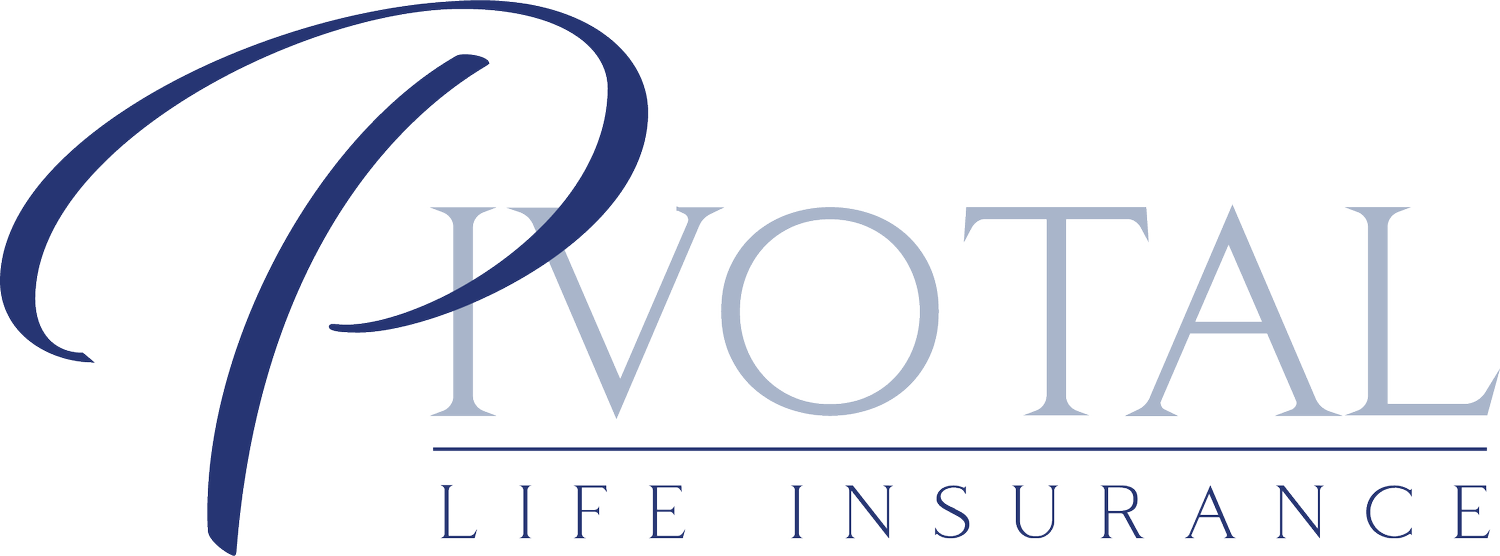
Frequently Asked Questions
Life Insurance can be overwhelming. Here are answers to the most commonly asked questions.
-
In typical situations, death benefits paid by life insurance policies are paid to the beneficiary income tax-free, with just a few uncommon exceptions. If the beneficiary is an estate, the inheritor of the estate is responsible for estate taxes.
Whole life policies also have a cash value feature that grows tax deferred. If the owner of the policy decides to surrender the policy prior to death, any cash value they receive in excess of the premium payments made is taxable as ordinary income. However, if the policy is not surrendered, the cash value is never paid. Instead the face amount of the policy is paid and upon death and is tax-free in every state.
-
Whole Life insurance never expires and lasts for the insured's "whole life".
There are different types and features of "whole life" plans, but generally speaking, these are designed to never expire.
-
There are many agents that sell life insurance. Some agents are referred to as “Captive” and represent 1 insurance carrier. Other agents are considered “Non-captive” and can be appointed with multiple carriers with access to a wider range of products.
“Non-captive” are not limited to the amount of carriers they represent, therefore they can provide more options for their clients.
Agencies, like Pivotal Insurance, are “Non-captive” and can offer you a wide range of top rated carriers, as our loyalties do not lie with any carrier specifically. Instead, our responsibility is to you, the consumer, to ensure you receive the best carriers and policies available.
-
Not all Life Insurance is created equally, and there are many factors that can determine the value of a Life Insurance policy to each individual. Each type of policy has different guarantees for variable amounts of death benefit and secure or variable premiums and the length of time that your policy lasts. Learn more about what type of insurance is best for you.
In order to determine your best option, talk to a Pivotal Advisor about your goals and budget.
-
Specific policies feature a cash value asset, which increases over time. Any gains that are collected from the policy's cash value in excess of the premium payments made is taxable as ordinary income.
But the premium paid is in exchange for a death benefit, which is paid out without tax implications to your beneficiary. If the face amount is $100,000, your beneficiary will receive $100,000 tax free if no loan is to be repaid from the policy.
-
Yes, it can be. Your state of health at the time of the application is used to determine the carrier’s risk in insuring you. The carrier that you apply with will place you in a “risk class” based on your health at the time of your application. Each carrier has pre-determined the premium based on the product, benefit amount requested, and the level of risk.
Ultimately, it is the carrier’s decision whether to insure you and they determine the amount of premium required in exchange for the death benefit. Your Pivotal Agent will perform a comprehensive search to determine which carrier has the best chance of insuring you at the lowest premium based on your age and health.
To find out if you medically qualify for life insurance, click here.
-
No. Most states have minimal limitations, however, suicide and acts of war are generally the two reasons that negate the carriers obligation to pay the claim.
-
In the event a policy lapses, policy owners are granted a limited amount of time, usually three years, but as long as seven, to reinstate the policy.
To restore the policy to its original status and bring its values up to date, the policyowner must pay back all premiums (along with any applicable interest), as well as any outstanding loans on the lapsed policy and prove insurability.
